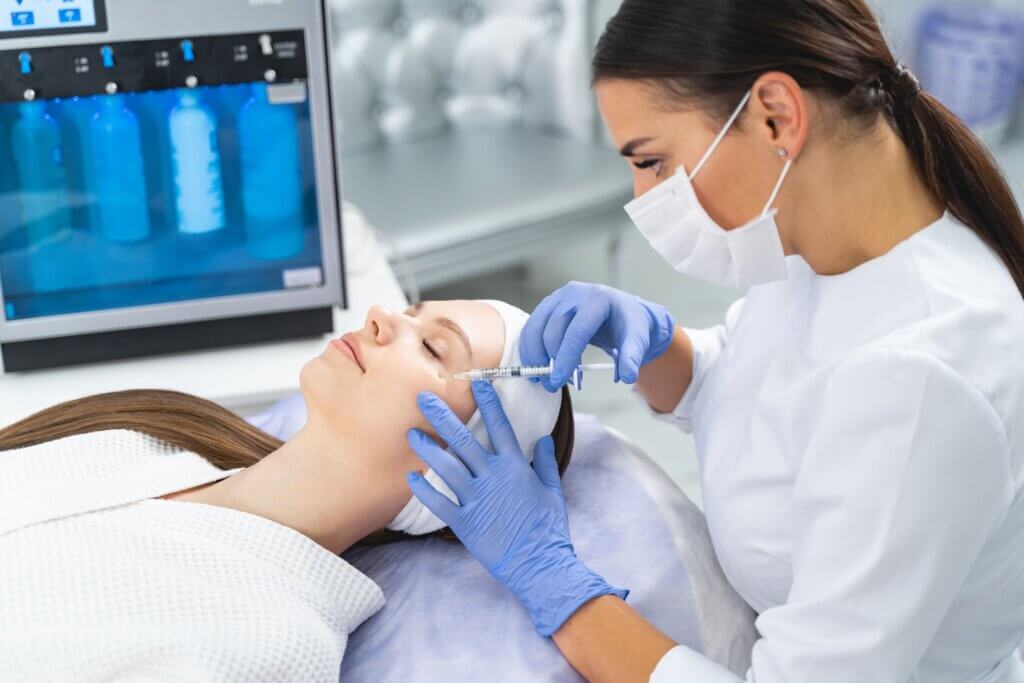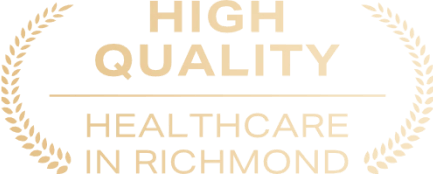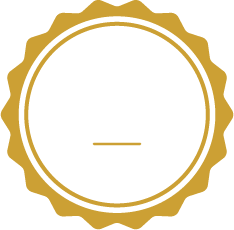The British Association of Aesthetic Plastic Surgeons (BAAPS) said that non-surgical procedures should only be carried out by a medical professional with an extensive consent process. Unfortunately, this isn’t happening.
Social media stars and influencers who encourage a certain style and look have been key to the huge increase in men and women looking for cosmetic procedures – wherever they can find them. Now, non-surgical treatments such as Botox and fillers account for 9 out of 10 UK cosmetic procedures, generating £2.75 billion a year in revenue. However, the non-surgical cosmetic industry is almost entirely unregulated.
Ministers and licensed cosmetic professionals such as ourselves at Bodyvie are asking for the existing system to be reassessed or overhauled to better protect standards and patients. This comes after an increase in patients experiencing complications, not being informed of the risks and untrained providers. The discourse exploded last year when former supermodel Linda Evangelista said she had been left permanently changed by a non-surgical procedure gone wrong.
The truth of the matter is that unregulated procedures have been an issue in the aesthetics industry for a while now. In fact, in 2013, the NHS Medical Director for England, Sir Bruce Keogh said that non-surgical procedures such as fillers, Botox and laser hair removal were “almost entirely unregulated”. Keogh continued that “a person having non-surgical cosmetic intervention has no more protection and redress than someone buying a ballpoint pen or a toothbrush.”
The UK aesthetics industry indicative of a global issue

The ‘ wild west ‘ nature of the UK aesthetics industry is worsened because of the absence of aftercare or follow-ups with 84% of complainants saying they were ignored or blocked by the practitioner when they tried to seek help.
In fact, a year-long inquiry into non-surgical beauty treatments in 2021 was done by an all-party parliamentary group. The inquiry, published in July 2021, focused on beauty, aesthetics and wellbeing and concluded that the UK government had failed to meet the rapid rise in demand for non-surgical cosmetic treatments. The inquiry stated: “The UK’s licensing and regulatory landscape has not kept pace with these changes. The lack of a consistent legal framework of standards has left consumers at risk and undermined the industry’s ability to develop, with negative connotations for the beauty sector as a whole.”
Labour MP Carolyn Harries, co-chaired the inquiry, and said there was a “complete absence” of regulation in the UK: “We have people who are selling training courses which are not worth the paper they are written on. We have practitioners who are destroying the industry’s reputation by practising completely unqualified and we have victims who are scarred for life.”
What proposals have been made to address this?
The Department for Health and Social Care was given a dossier of 17 recommendations following the all-party parliamentary group inquiry. These include introducing mandatory training for all practitioners, setting up a national licensing system and ensuring aesthetic premises meet hygiene standards to stop treatments happening in offices and pop-up shops. The government is responding, slowly.
From October 2021, it became illegal for under-18s to receive Botox. This was as a result of MP Laura Trott introducing the Botulinum Toxin and Cosmetic Fillers (Children) Act 2021. There have been at least 45 documented treatments given to under-18s, including children as young as 15. This act is a sign that the UK government is finally taking steps towards regulating and monitoring the aesthetics industry to the level it truly requires. But what other proposals have been mentioned?
One such proposal, suggested by Scotland’s Public Health Minister Joe FitzPatrick, would introduce a licence similar to those required by tattoo parlours, which would ensure the practitioner is trained, skilled and experienced. In fact, following his 2013 review, Sir Bruce Keogh also recommended a register of everyone who performs surgical or non-surgical cosmetic procedures as a similar proposal. However, aesthetics industry experts believe this would not stop unqualified people from administering medical injections, as they are already doing so without a said licence.
The UK government has also made noise and some legislation for promoting certain products to prescription-only to prevent unregulated procedures. The UK government said that “dermal fillers and other non-surgical products should be prescription-only, or otherwise that there should be some control over who may administer them.” Making certain products prescription-only can make it easier to track said products and see who exactly is administering them, hopefully keeping these products out of the hands of chancers and the unqualified.
What lies ahead?
There are too many reports, inquiries and expert voices singing from the same hymn sheet to ignore now. The UK government and its MPs are finally addressing the “wild, wild west” of the aesthetics industry but the rallying call must remain loud. We have been talking about this issue for nearly a decade now, and still, more must be done to ensure the integrity of cosmetics and non-surgical procedures. Furthermore, the sooner we can improve safety and regulation, the faster we can regain client trust.















